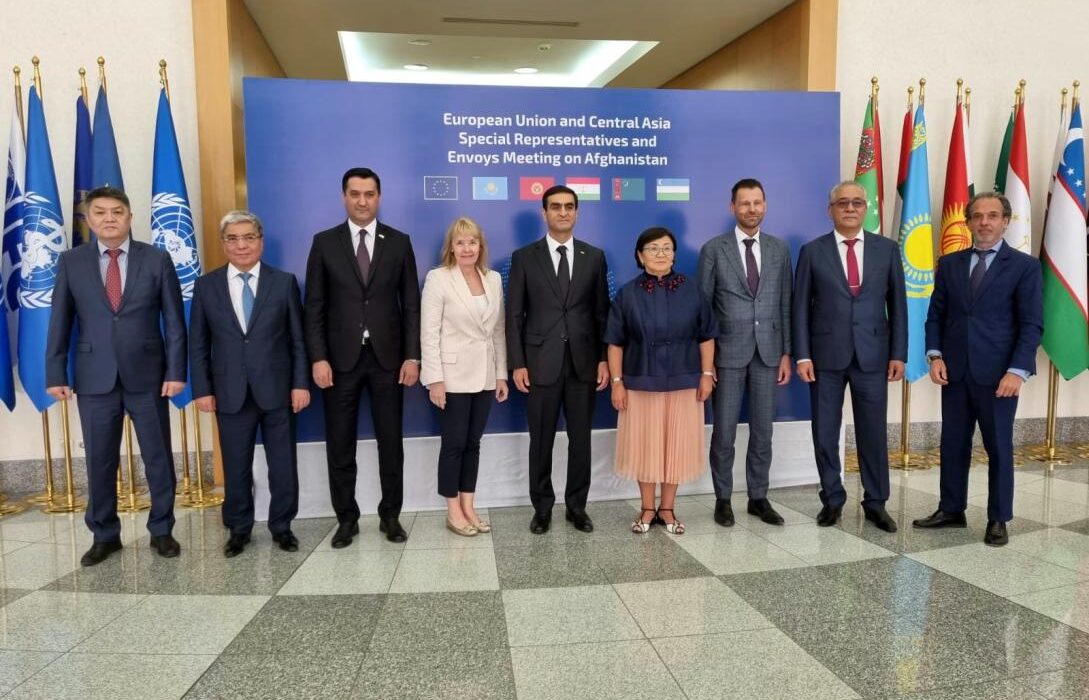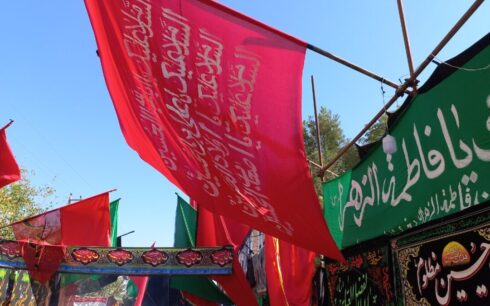The EU and Central Asia Special Representatives for Afghanistan have reiterated calls to the Taliban to lift all bans on girls and women that restrict their rights to education, work and participation in public life.
In a joint statement issued by the representatives following a meeting in Turkmenistan this week, the envoys said: “These bans – beyond being serious human rights violations – are having detrimental effects on the ability of the international community to deliver humanitarian aid to the Afghan people, and need to be lifted for the Afghan economy to prosper, and ultimately for Afghanistan to achieve long-term stability and peace.”
They also underlined the importance of the establishment of an inclusive and representative government and of upholding the civil, political, social economic, and cultural rights of all Afghans.
The participants also discussed developments and the economic situation in Afghanistan, continued cooperation in assisting the people of Afghanistan, and intensification of cooperation in areas of common interest.
“Reaffirmed their strong commitment to the people of Afghanistan and to seeing Afghanistan develop into a stable, peaceful, and prosperous country with long-term prospects for lasting peace,” the statement said.
The representatives called on the Taliban to prevent the country’s territory from being used as a safe haven for hosting, planning, training, financing, or exporting terrorism and violent extremism to other countries.
“Negative spill-over effects from Afghanistan, such as terrorism, violent extremism, drug trafficking, and other illicit cross-border activities, will negatively impact the region,” the statement read.
The two-day meeting in Ashgabat, which wrapped up on Friday, brought together Special Representatives and Special Envoys for Afghanistan of the European Union, Republic of Kazakhstan, Kyrgyz Republic, Republic of Tajikistan, Turkmenistan and Republic of Uzbekistan and the EU Special Representative for Central Asia





